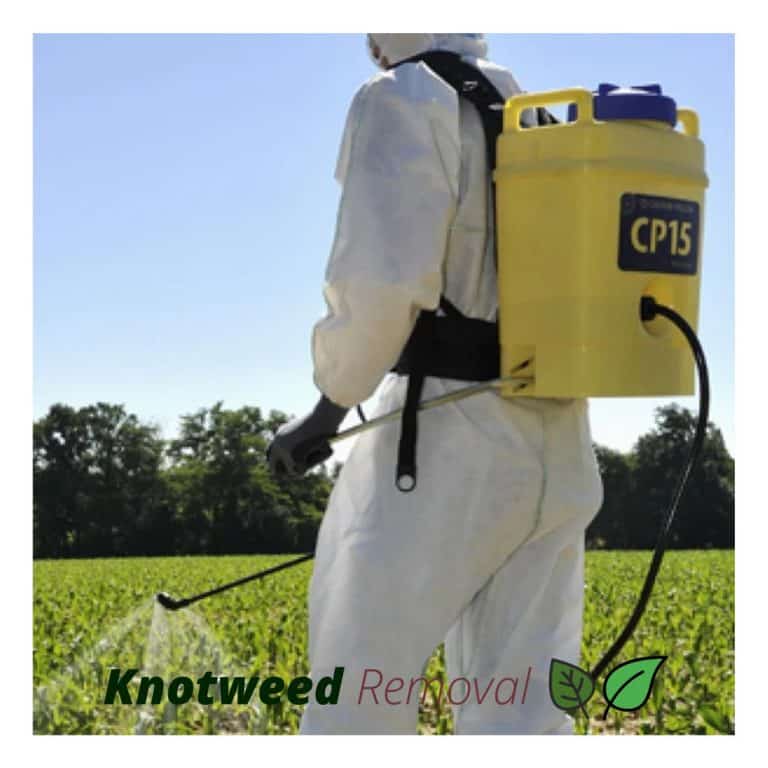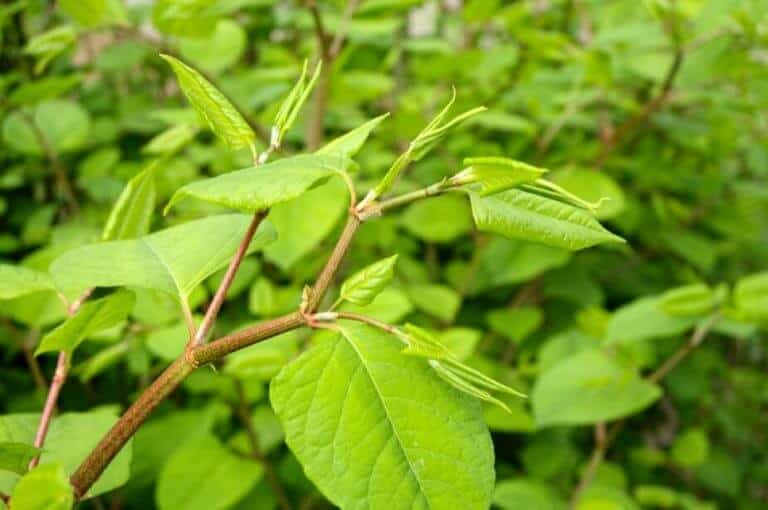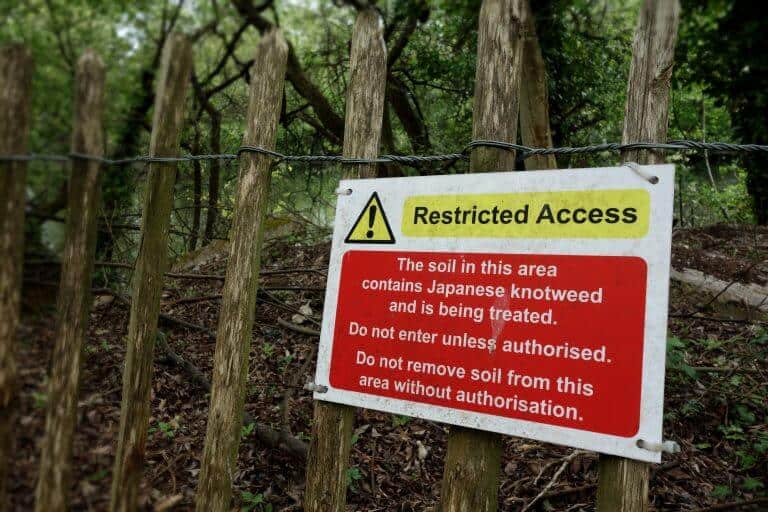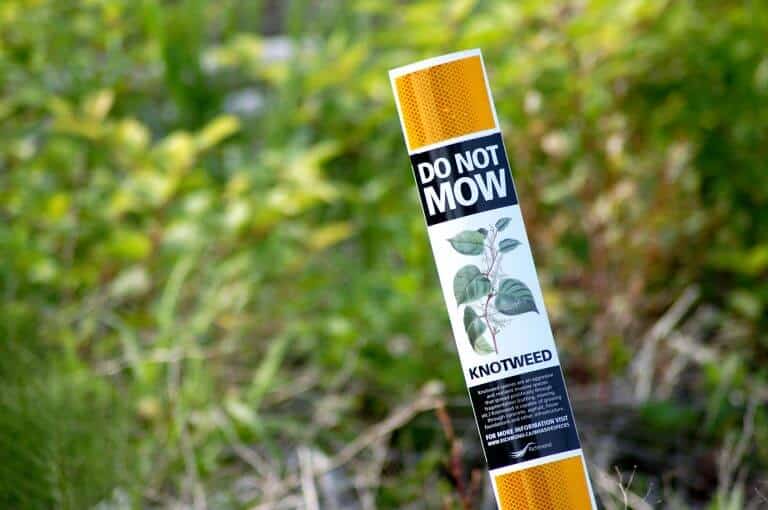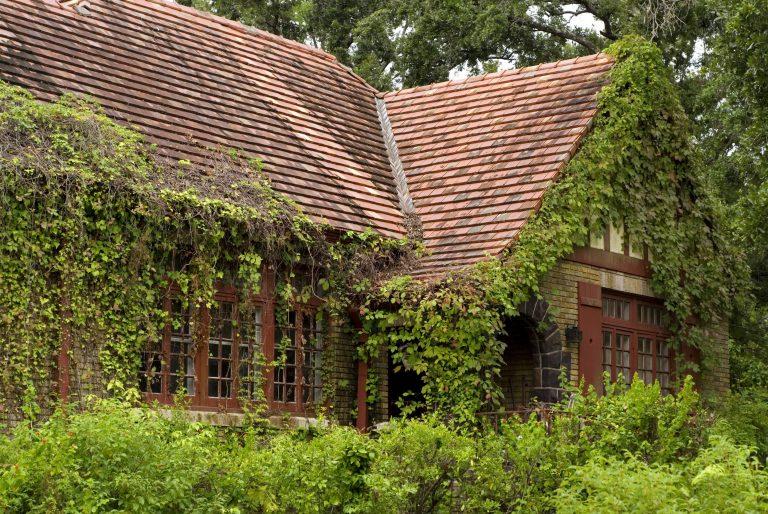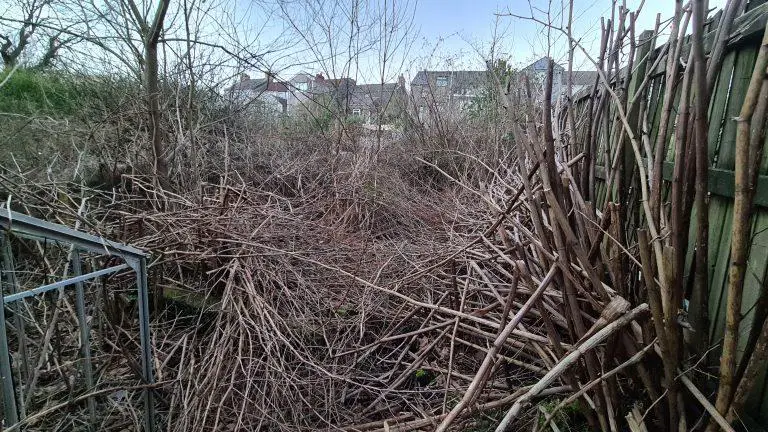Japanese knotweed UK law can be categorized into three limbs; the law on the disposal of the knotweed, the law on controlling the spread of the knotweed and the conveyance law when it comes to dealing with property that is infested with the weed plant.
Over the years, Japanese knotweed has become a menace across the UK necessitating the enactment of various laws to prevent the continued growth of the plant.
In this article, we are going to discuss the things you need to be cautious of to be able to avoid Japanese knotweed legal issues in the UK.
Conveyance laws
Conveyance laws guide the process of transferring property from one person to another until ownership and possession are realized. Conveyance involves the use of standard forms that help simplify the process for the parties involved in a transaction.
Specifically, when it comes to Japanese knotweed, the conveyance laws in the UK require that a seller of the property reveals any actuality of the weed plant in their property.
The conveyance process of selling a house is guided by formal laws that impose duties and obligations that must be fulfilled by both parties to the transaction.
On the part of the seller and his agents or any person acting for them in a sale, one of the key duties of such a person is the disclosure of the presence of Japanese knotweed on the property.
The Law Society Property Information Form TA6 which is normally sent by the buyer’s solicitor to the seller of a house requires that important information as regards the house intended for sale is disclosed and this includes the presence of the knotweed.
Failure to disclose the presence of the knotweed infestation can be sued by the buyer for misrepresentation and this will attract the payment of damages equivalent to the extent of the financial harm caused to the buyer especially in putting in place measures to treat the knotweed infestation.
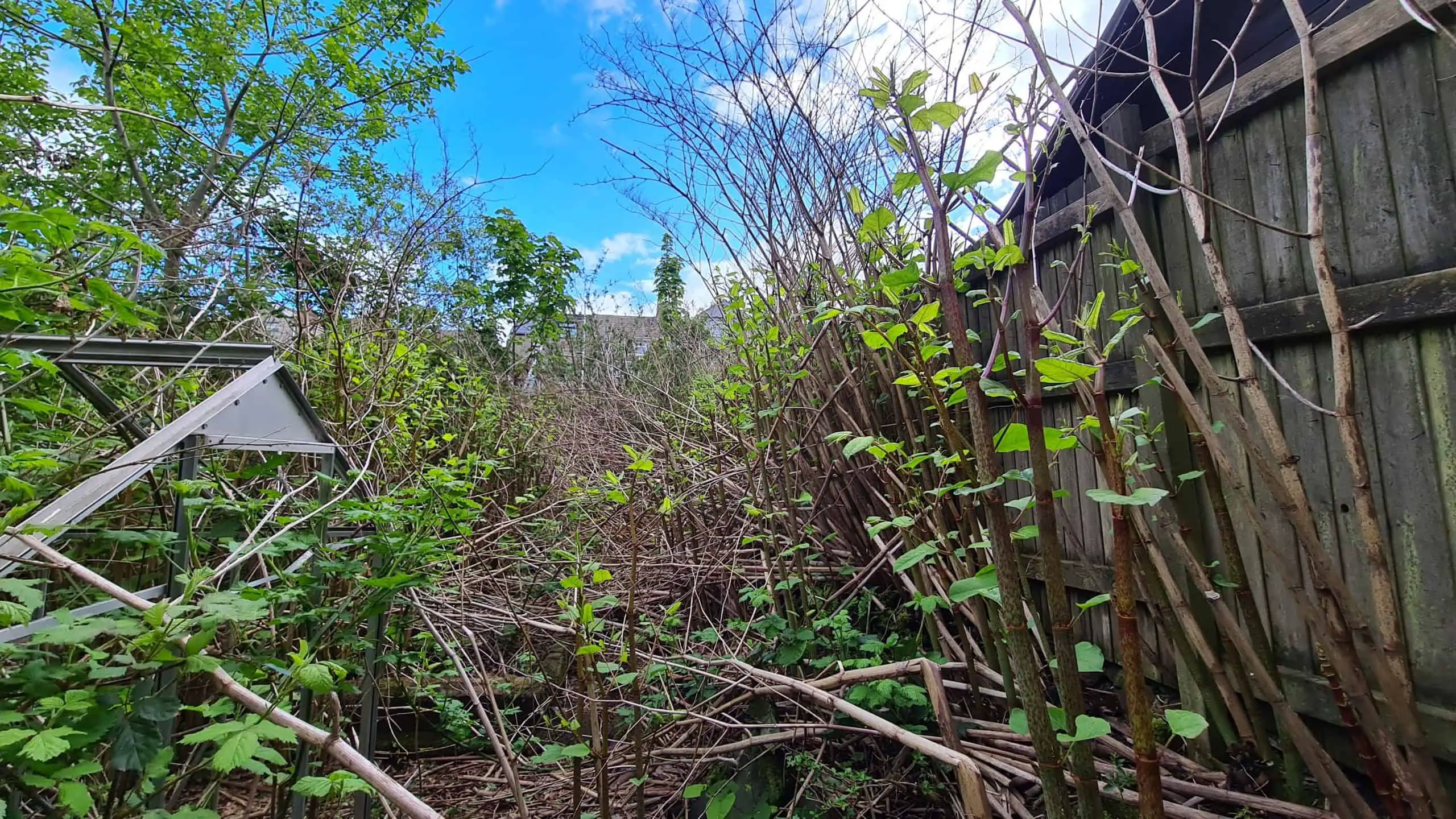
Disposal of the Japanese knotweed UK law
The Wildlife and Countryside Act 1981 under section 114(2) (WCA 1981) classifies Japanese knotweed as a controlled plant.
As a homeowner or seller of commercial property, it is not illegal to have Japanese knotweed growing on your property; however, what you should be wary of is the spread of the knotweed to other properties because that is where legal implications apply.
Based on the unprecedented damage this weed plant can cause to property, buildings and the environment, it is only right that as a homeowner you treat the weed plant whilst it is on your property because its spread to adjacent houses may expose you to legal implications that can be costly.
When it comes to disposing of the knotweed the following general rules apply;
- Do not dispose of the knotweed with other domestic waste material because this is likely to invoke a re-growth of the knotweed.
- Do not leave the cut pieces of the knotweed left unattended because even the cut pieces of this highly invasive weed plant can still grow if they are in contact with the soil.
- When transporting the waste remains of the Japanese knotweed to a landfill site, you must always ensure that only sealable bags are used in the process. You must not spill the waste remains along the way to the disposal site.
- Avoid disposing of the waste remains carelessly, especially in a place that is not authorized to conduct such a disposal exercise.
- When burning the knotweed, it is always advisable that you avoid doing this in an open area and an incinerator is used to completely kill the knotweed.
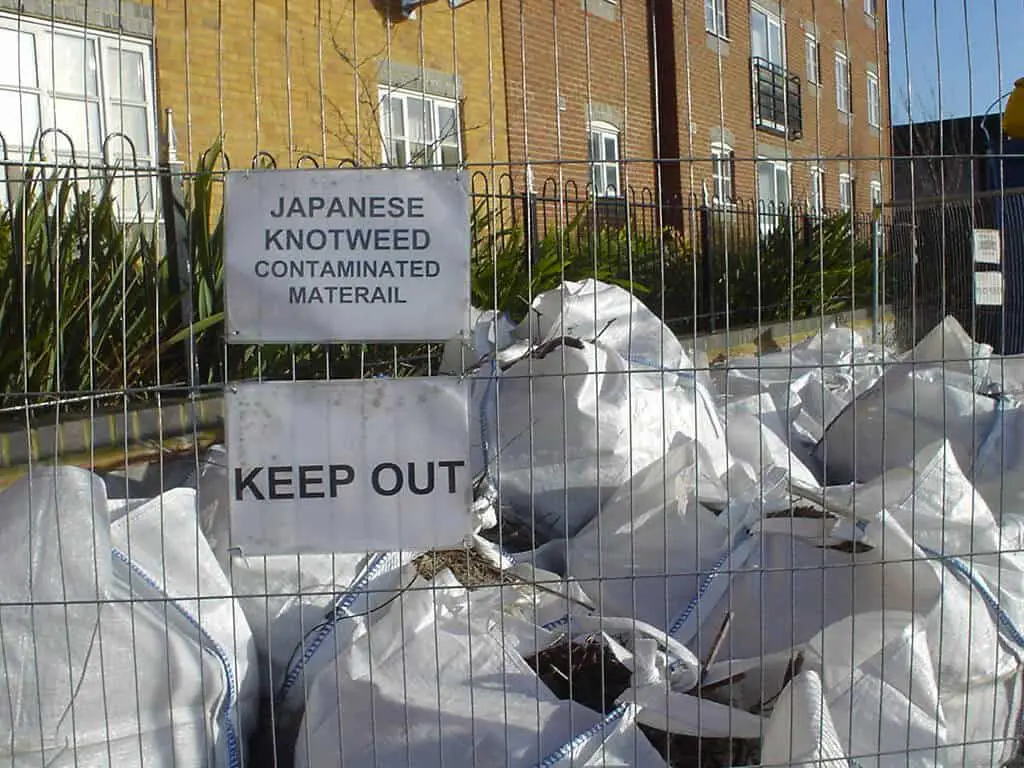
Controlling the spread of the Japanese knotweed UK law
It is not illegal to have the weed plant on your private property. The legal implications result when you cause or allow the knotweed to spread to adjacent properties because a duty of care exists as regards the spread of the knotweed to adjacent neighbouring properties.
Every person has the right to have quiet and peaceful enjoyment of their property that is free of any interference whatsoever. Therefore, if you cause or allow the knotweed to spread to your neighbour’s lands, then legal liability can result as a consequence.
In essence, if you notice the presence of the weed plant on your property and you refuse to control it by treating it, then you can be sued by your neighbours either for compensation to enable them to treat the weed plant themselves or for the court to compel you to initiate the treatment program yourself to avoid further damage.
Another reason that will force one to consider a court action claim is that the encroachment of the weed plant on their property causes the value of the property to fall significantly hence the affected neighbour can make a court claim to ensure that the value of the property does not depreciate further since you will be forced to clear the invasive weed plant.
As mentioned earlier, an attack on the neighbouring lands only attracts a claim for compensation of damages.
However, if you cause the spread of the knotweed to occur in the wild, then this is legally punishable and punitive in nature as penalties and custodial jail terms can be meted down on you.
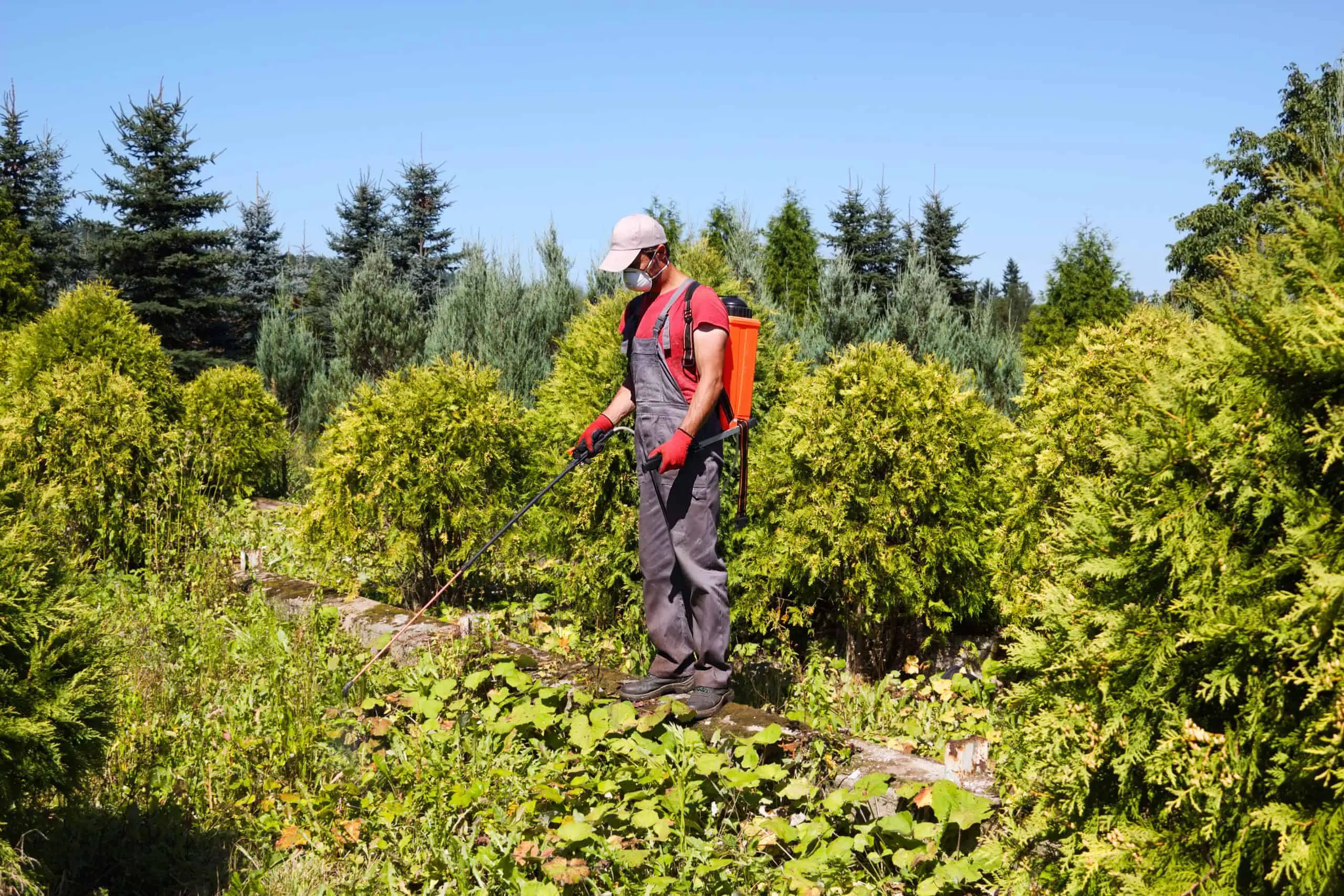
Culpability
When it comes to Japanese knotweed culpability can either be civil or criminal. Civil culpability results in any action that can be remedied with monetary compensation.
For instance, allowing the knotweed to spread on adjacent lands is a civil wrong and the neighbour can only bring a private nuisance claim to compel you to pay the damages occasioned in so far as the spread of the knotweed is concerned.
On the other hand, criminal culpability results in actions that seemingly are intended to injure the general public or the state rather than a private person or their property.
Criminal culpability is manifested when you intentionally cause the knotweed to grow in a wild place such that it starts an infestation that never existed.
In conclusion, to avoid the Japanese knotweed legal issues, it is important that you familiarize yourself with the guiding laws regarding the knotweed issues you are facing at the time.
Want to know more about Japanese Knotweed UK Law?
Knotweed Removal aims to provide the most up-to-date information, help and advice for YOU to make informed decisions. If you are unsure or uncertain about how to proceed, please reach out to us and we will gladly come back and advise you as best we can.
Governmental advice can be found here and the UK law covering the removal of Japanese Knotweed as stated under the Wildlife and Countryside Act 1981 can be found here.
The best means to contact us is via our email – hello@knotweedremoval.tips
Do not forget we have a library of blogs covering many areas relevant to Japanese Knotweed, our free downloadable How-to Guides and Product Reviews on the latest methods being employed to eradicate or remove Japanese Knotweed.
Knotweed Removal, UK

